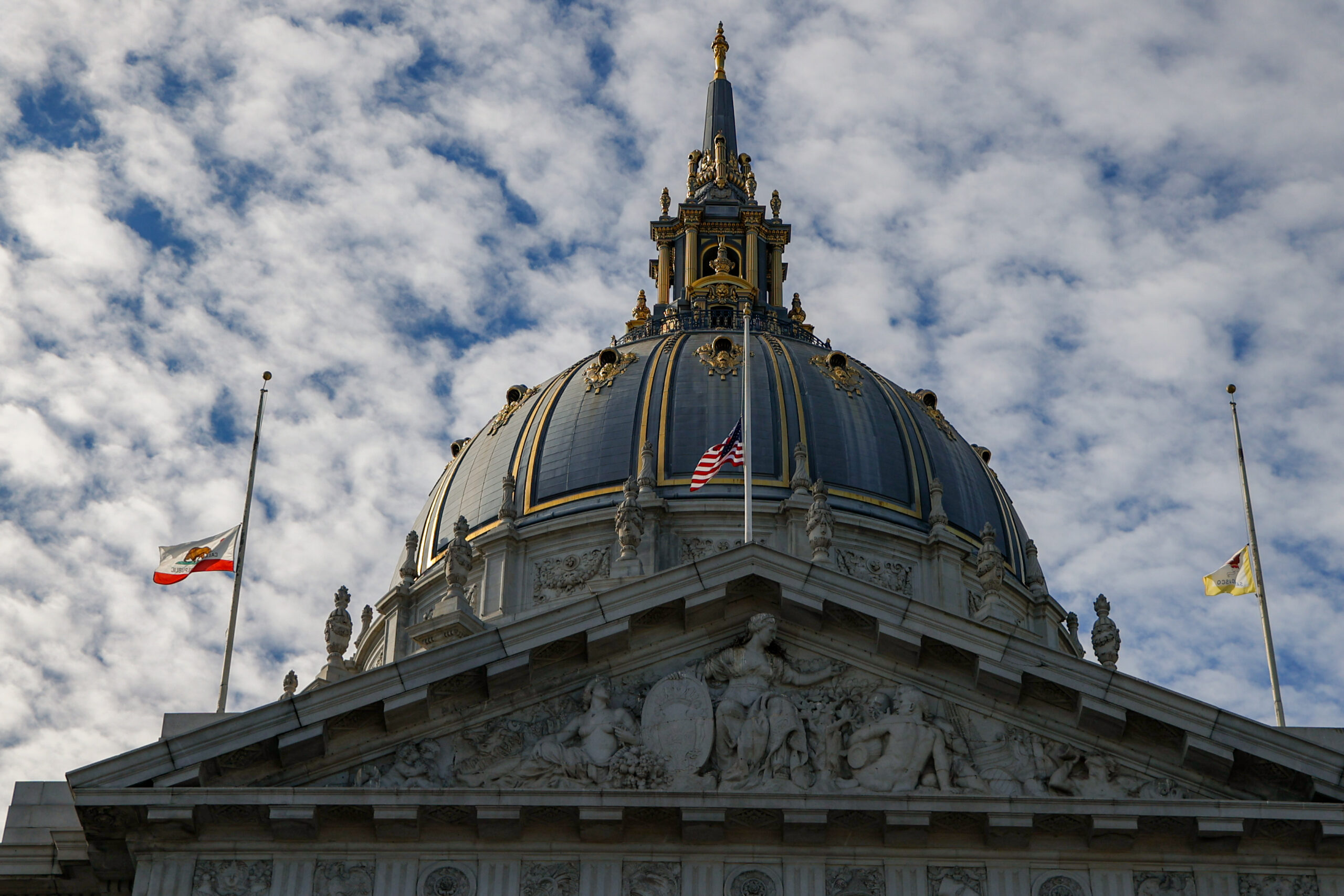San Francisco avoided losing $42 million annually after a judge ruled on Wednesday that counties may keep excess property tax revenue the state officials once tried to retain.
A Sacramento Superior Court judge ruled in favor of San Francisco and other counties that sought to keep Educational Revenue Augmentation Fund dollars—which redirects some property tax revenue statewide to local K-12 school and community college districts—from going back to the state.
“We are grateful that the court has seen through this latest effort to pull money away from local governments as a means to relieve the state of California of their obligation to fund our schools,” San Francisco Controller Ben Rosenfeld said in a prepared statement. “We remain grateful to Controller Betty Yee for her careful understanding of these complex laws and guidance on these issues.”
San Francisco is one of a handful of counties that generates “excess ERAF” because of higher property taxes that nets revenue above and beyond minimum funding requirements to the state. ERAF has been a recurring source of tension for the city, turning into proxy budget battles when the money rolls in while education leaders point to the underfunded schools the fund was named for in a bid to lessen the state’s General Fund costs.
In 2020, the state also tried to retroactively claim hundreds of millions of dollars from San Francisco, Santa Clara, San Mateo, Marin and Napa counties over their calculations amid steep budget shortfalls from the pandemic. A deal was reached that June, saving San Francisco from writing a $180 million check for funds dating back to 2018, as well as $60 million annually, Mission Local reported.
Subsequent guidance issued by Yee to calculate ERAF moving forward drew the ire of the California School Boards Association for excluding charter school enrollment, which it argued diverts money away from the state to fund other districts. The association filed suit in July 2021.
“Our public education system is facing both the greatest challenge and the greatest opportunity of our lifetimes, and we must ensure that schools receive every dollar they are due in order to support learning recovery and reshape schools in ways that benefit all students for years to come,” CSBA President Susan Heredia said at the time. “The legislature created ERAF to meet its constitutional funding obligations to public schools and we cannot accept an end-around that sets the precedent of shortchanging students.”
The judge on Wednesday denied the association’s petition, rejecting its argument that charter schools are included in the legislature’s definition of “school district.”
